Art song trees grow in Brooklyn with three varied premieres
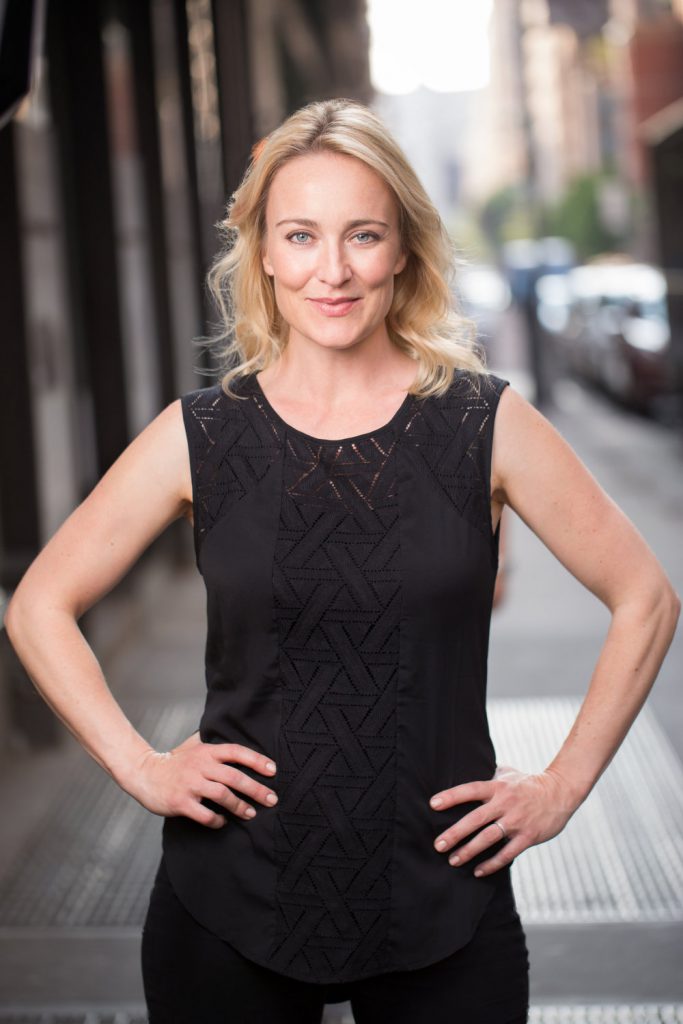
Marnie Breckenridge performed the world premiere of Herschel Garfein’s “Three Rides” Friday night with the Brooklyn Art Song Society.
Not content just to tend and water the verdant American art song repertoire, the Brooklyn Art Song Society made it bloom anew Friday night, with a program of mini-cycles that included three world premieres.
Four singers, three pianists and a cellist at the Brooklyn Historical Society took turns presenting six works dating from 2016 or after. Each performance was either a world or a New York premiere. Short of improvisation, music doesn’t get much newer than that.
Of the topics covered in these unfailingly interesting new pieces, love of course topped the list, followed by sex, and conservation of nature, which (it turned out) has more in common with the first two than one might suspect.
In fact, a theme of conservation ran through the whole evening—most explicitly in spoken remarks by BASS’s artistic director Michael Brofman regarding the Society’s mission to foster live performances of American songs, but also in the conservative cast of the works themselves.
Considering the many things that could happen when a singer and a pianist perform together, one was struck by how, in the main, Friday’s composers hewed close to the nineteenth-century lieder model. Figurational piano accompaniments wove moods of sensuality, anger, anxiety, etc. while singers traced shapely vocal lines, with high notes on the most emotionally charged words. For the most part, dissonance was a color in a universe of fundamentally triadic harmonies. Samuel Barber would have felt right at home.
But the composers also proved, often brilliantly, that the expressive possibilities of the old model are far from exhausted. Michael Djupstrom was the able pianist in his own Oars in Water, rippling under soprano Kristina Bachrach as she delivered four water-themed songs with a fine sense of drama and pacing.
Rendered in Bachrach’s somewhat breathy tones, poet Jeanne Minahan’s texts had a rugged Anglo-Saxon music of their own (“Sails of neighbors stretch. A bowrider churns a wake…”) as they evoked love, loss and memory in natural imagery. Djupstrom’s arching lines complemented, rather than imitated, the poet’s bumpy rhythms.
As she told it in a program note, composer Libby Larsen was leafing through a book of three-thousand-year-old Egyptian poems when she happened upon some vivid love lyrics and heard in her mind a kind of pharaonic Dichterliebe. On Friday baritone Jorell Williams, with Brofman in gentle support at the piano, gave an impassioned reading, bordering on stentorian, of Larsen’s Pharaoh Songs that made the ancient poet’s frustration in the song “Ho, what she’s done to me—that girl!” all the more comical.
Nobody knows what ancient Egyptian music sounded like, but Larsen’s modal-minor harmonies added a whiff of way-back atmosphere to these startlingly contemporary-sounding texts.
If Larsen convincingly inhabited a man’s emotions, composer Herschel Garfein proved a veritable D.H. Lawrence of music in the world premiere of Three Rides, a three-song cycle whose suggestive title said it all. Well, not quite all—the texts by (female) poet KC Trommer pulsed with imagery linking sex to driving a car on black ice, a roller coaster, and ecstatic brain surgery. Really.
Garfein’s text-setting went the illustrative route, but in fresh and un-obvious ways, for example slowing to an adagio for the car’s scary long skid on the ice, just as time slows down at such moments. Pianist Dimitri Dover’s energetic, sometimes pointillistic playing kept the nerve endings close to the surface. Cellist Dave Eggar proved an inspired addition to the voice-and-piano format, dialoguing with the singer one moment and robustly reinforcing the piano the next. The two instrumentalists wonderfully evoked the rumbles, squeaks, and rattles of the old Coney Island roller coaster in “The Cyclone.”
Soprano Marnie Breckenridge may have done more miming and mugging her part than necessary, but there could be no faulting the abandon with which, like those surgeons, she hurled herself into mysterious corners of the erotic brain. Closing with “The Cyclone”—as Trommer wrote, “head back, eyes closed, laughing her head off”—Breckenridge left the audience thrilled, and maybe a little stunned at the audacity of it all.
In contrast, composer James Matheson adopted a somewhat distanced stance. In Pessoa Songs, a BASS commission receiving its world premiere, he set three melancholy lyrics by the early-20th-century Portuguese poet Fernando Pessoa. As pianist Brofman softly chimed, tinkled, and evoked distant bird song, singer Michael Kelly declaimed the poet’s despondent musings in a high, oaken baritone, strongly inflecting the long phrases, biting off the words with fierce diction.
If these were not the most cuddly songs ever written, one could certainly admire their craft and restraint, and Kelly’s ability to sustain a long line.
The concert closed with two cycles on an environmental theme by David Ludwig: the 2016 Songs of the Bleeding Pines and the world premiere of its sequel, Songs of the Spirit of Turpentine, both composed to texts by North Carolina poet Ray Owen. The first cycle commemorated the once-vast stands of longleaf pines across the South that were decimated by the turpentine industry, and the second told of rescuing one grove of them by the conservationist Helen Boyd Dull in 1904.
In the 2016 cycle, soprano Bachrach evoked God and nature’s glories in a freewheeling recitation over Brofman’s fluent piano. She sang the first song, “I Rode in the Evening Southward,” unaccompanied, with florid leaps and inflections, yet with intonation so accurate that the pitch check with the pianist before the second song proved unnecessary. Another technical feat, and musically effective as well, was the rapid unison passages for pianist and singer in tight synchronization.
Baritone Williams returned with Brofman to give the premiere of Ludwig’s second cycle. As in the Larsen set, Williams sang in a bold, declamatory style, declining to act the parts of the humans in the picture—the conservationist, the turpentine worker, the soldier—but letting the stories tell themselves. Ludwig’s assertive style had the pianist and the singer mixing it up more than in some of the evening’s previous pieces, with angular, urgent lines and more of those fast unison passages.
The cycle’s closing song, “Tree of Life, Burning in the Sun,” pulled back to a vision of “Misting, dissolving, roomy woods” whose “power exists unknown.” If this band in Brooklyn has anything to say about it, the roomy woods of American art song will not exist unknown for long.
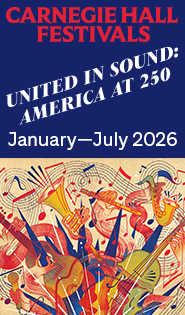
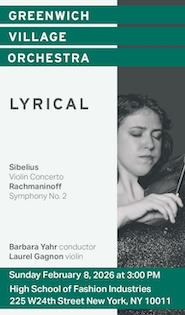
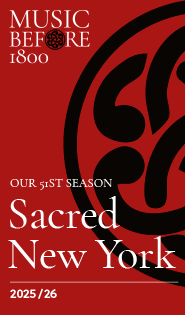
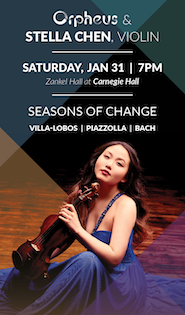
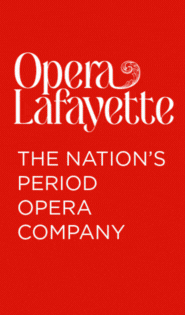

Posted Jun 11, 2019 at 4:40 pm by Ellen Mandel
So sorry to miss this concert! Hooray for BASS!